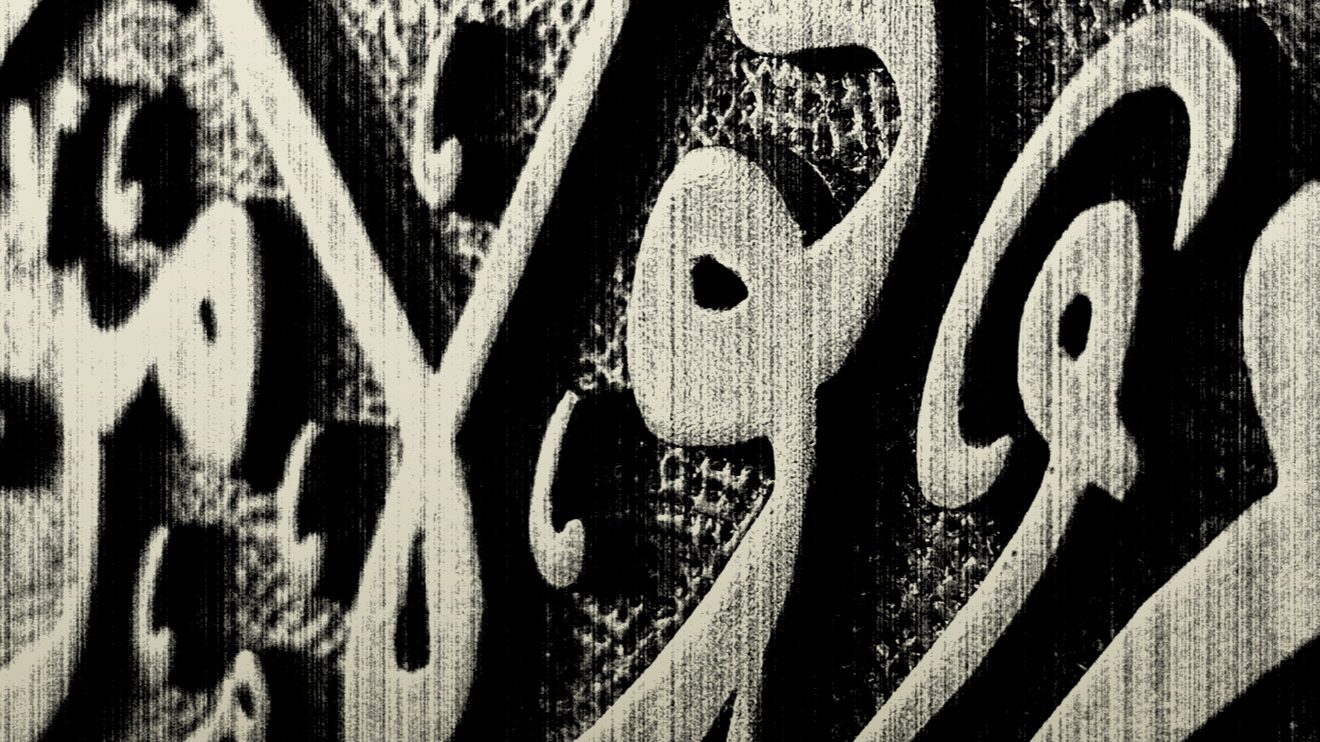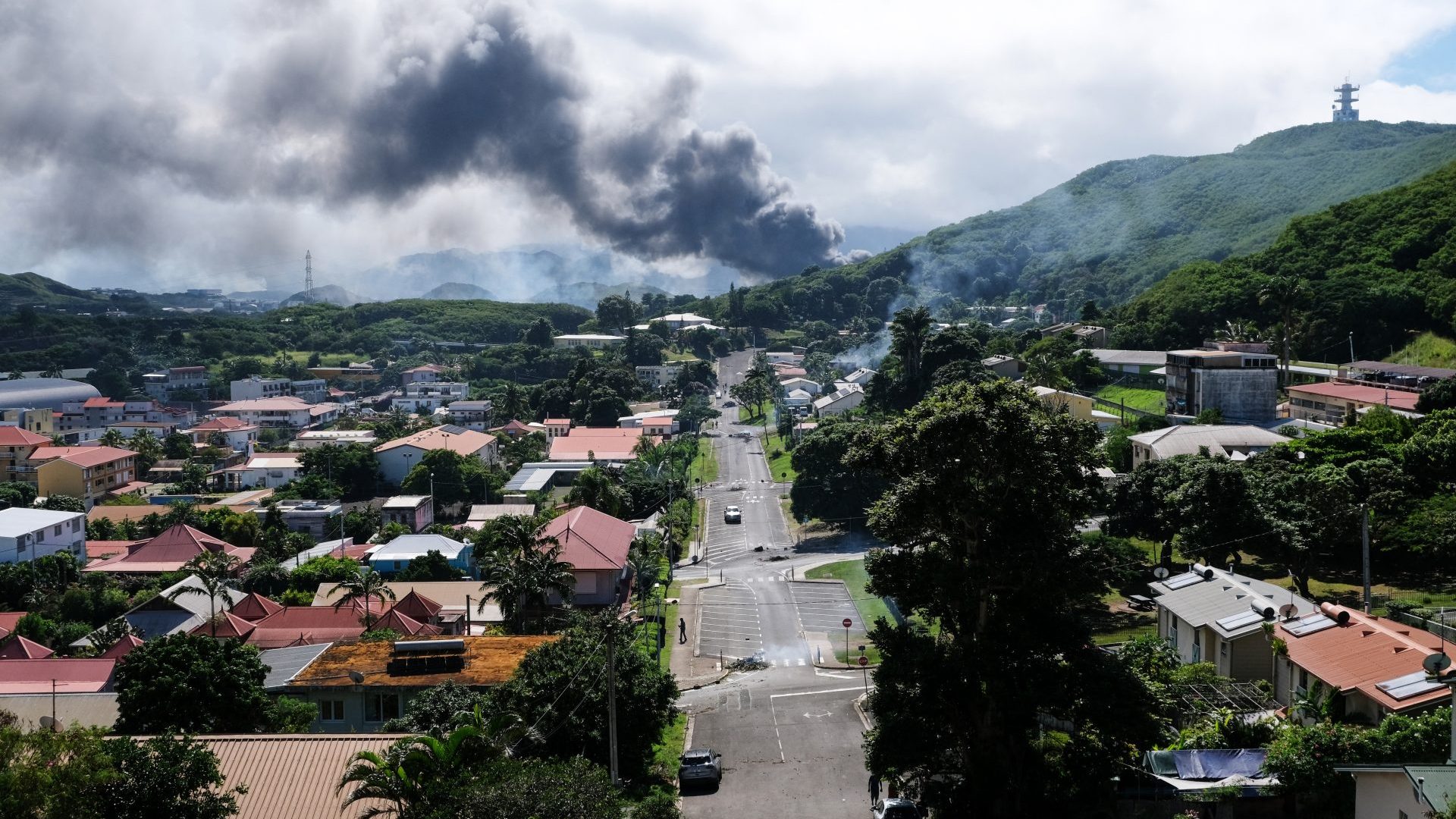Explaining my family’s approach to language can be tough. My mother is Moroccan but moved to France over 30 years ago, and learned French as a second language at school. My brother and I were raised in French, but I mostly live in English these days, and he frequently uses it too. We don’t really speak Arabic but we also do, in some ways. Whatever language we end up speaking in, someone somewhere is bound to forget a word or mangle an expression.
It’s complicated, but perhaps best summarised by the phrase “faire du choufing”, which is, to the best of my knowledge, unique to us. You presumably know what “shopping” means, given that it is an English word. What you may not know is that “going shopping”, in French, is often translated as “faire du shopping”. The patriotic reactionaries really lost the war on that one.
What you probably do not know is that “chouf” means “look at” in Moroccan Arabic. As a result, “faire du choufing” means going shopping with no intention of buying anything – just filling the time by browsing. It can also be shortened to “choufer”, which has a similar meaning.
It is also the reason why I always hesitate when people ask me if I speak Arabic: saying yes would definitely be lying, as I’m incapable of talking even about the weather without dipping back into another language, but saying no wouldn’t be entirely true either.
I was thinking about this conundrum over the weekend, as I was in Marrakech with my family for my mother’s birthday. I listened to my brother, a man who describes himself as unable to speak Arabic, explaining to his girlfriend that “safi” – “enough”, or “it’s fine” – can have a million and one meanings.
It is a bit like “sorry” in English; if you think of it as a single word, you’re missing the point entirely. “Safi” is versatile, which you can only know if you’ve spent enough time around Arabic speakers. How would my brother square this fact with his admission that he doesn’t speak the language?
I didn’t ask him in the end, but it’s remained stuck at the back of my mind. When we were babies, our mother sang Moroccan nursery rhymes to us, as she didn’t know any of the French ones. We frequently went to Marrakech to visit relatives, and so Arabic was always around us.
As a lifelong insomniac, I have countless memories of hearing the dawn prayer breaking the night’s silence and realising that I would be in for a rough day. For reasons I truly cannot explain, one of the few songs I can sing along to phonetically is the one sung at weddings, when the bride arrives in the room.
Last year, I went to Tangier, alone – it was the first time I had been to Morocco by myself. To my genuine surprise, I found that a lot of Arabic words had been hiding in a corner of my brain all along. Someone would mention “lma” at the restaurant table next to me and I’d want to jump up and shout “water!”
In the end, I still conducted most of my conversations in French or English; Arabic became seasoning, sprinkled on top of other languages. Like herbs or spices, it did make the experience richer, and gave it more depth. The Moroccans I spoke to could tell that I lived abroad, but that I had some connection to the country.
There may come a time at which I will decide to really throw myself into learning Arabic, but I have neither the time nor the money right now. It’s something I used to be ashamed of, but no longer. I didn’t grow up in Morocco, but I can still tell that it is an important part of me; I don’t speak Arabic, but in some ways I do, a bit, and maybe that’s enough for now. Safi.




